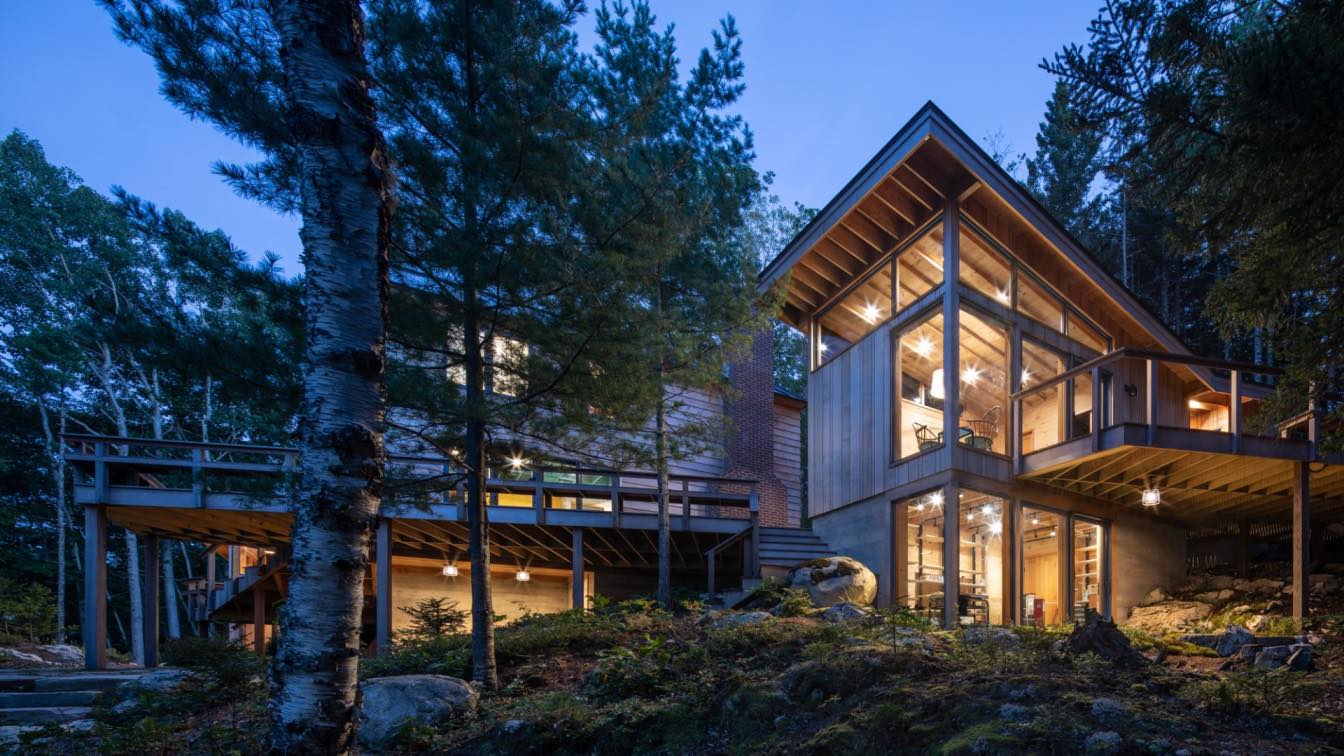Maine, with its rugged coastlines, dense forests, and quaint towns, serves as a picturesque canvas that inspires architects to create spaces that harmonize with its natural beauty while meeting the needs of its inhabitants. From historic preservation to cutting-edge contemporary designs, Maine architects play a pivotal role in shaping the built environment of this unique region.
Preserving History, Embracing Modernity
One of the defining characteristics of Maine architecture is its ability to seamlessly blend historical preservation with modern functionality. Architects in Maine often find themselves working on projects that involve restoring centuries-old coastal homes or revitalizing downtown areas while incorporating sustainable practices and innovative design solutions. This balance between honoring the past and embracing the future is a testament to the adaptability and vision of Maine architects.
Embracing Nature’s Influence
Nature holds a profound influence on Maine’s architectural landscape. Architects here frequently draw inspiration from the state’s natural surroundings—whether it’s the use of locally sourced materials like cedar and granite, or designing homes that maximize views of the Atlantic Ocean or the serene tranquility of inland lakes. This symbiotic relationship between architecture and nature not only enhances the aesthetic appeal of buildings but also fosters a deeper connection between residents and their environment.
Community-Centric Design
Maine’s small-town charm is reflected in its architecture, which often prioritizes community-centric design principles. From creating inviting public spaces to designing sustainable housing solutions that cater to the needs of diverse populations, Maine architects are dedicated to enhancing the quality of life for residents. This commitment to community extends beyond aesthetics, focusing on functionality, accessibility, and cultural relevance.
Innovative Solutions for a Changing Climate
As climate change continues to reshape the world, Maine architects are at the forefront of integrating resilient design practices into their projects. This includes designing buildings that can withstand extreme weather events, implementing energy-efficient technologies, and promoting sustainable building practices that minimize environmental impact. By embracing these challenges, Maine architects are not only safeguarding their designs against future uncertainties but also setting a precedent for sustainable development across the region.
Educational Institutions as Catalysts for Innovation
Maine’s architectural landscape is further enriched by its esteemed educational institutions, which cultivate the next generation of design visionaries. Schools like the University of Maine’s School of Architecture and the Maine College of Art play a pivotal role in fostering creativity, research, and innovation within the field. Through academic programs, research initiatives, and community engagement, these institutions ensure that Maine remains a hub of architectural excellence and innovation.
